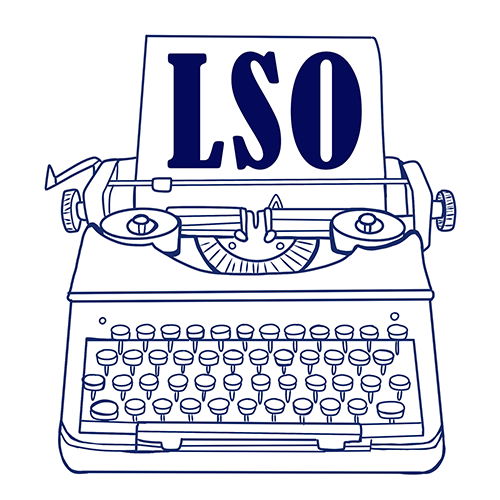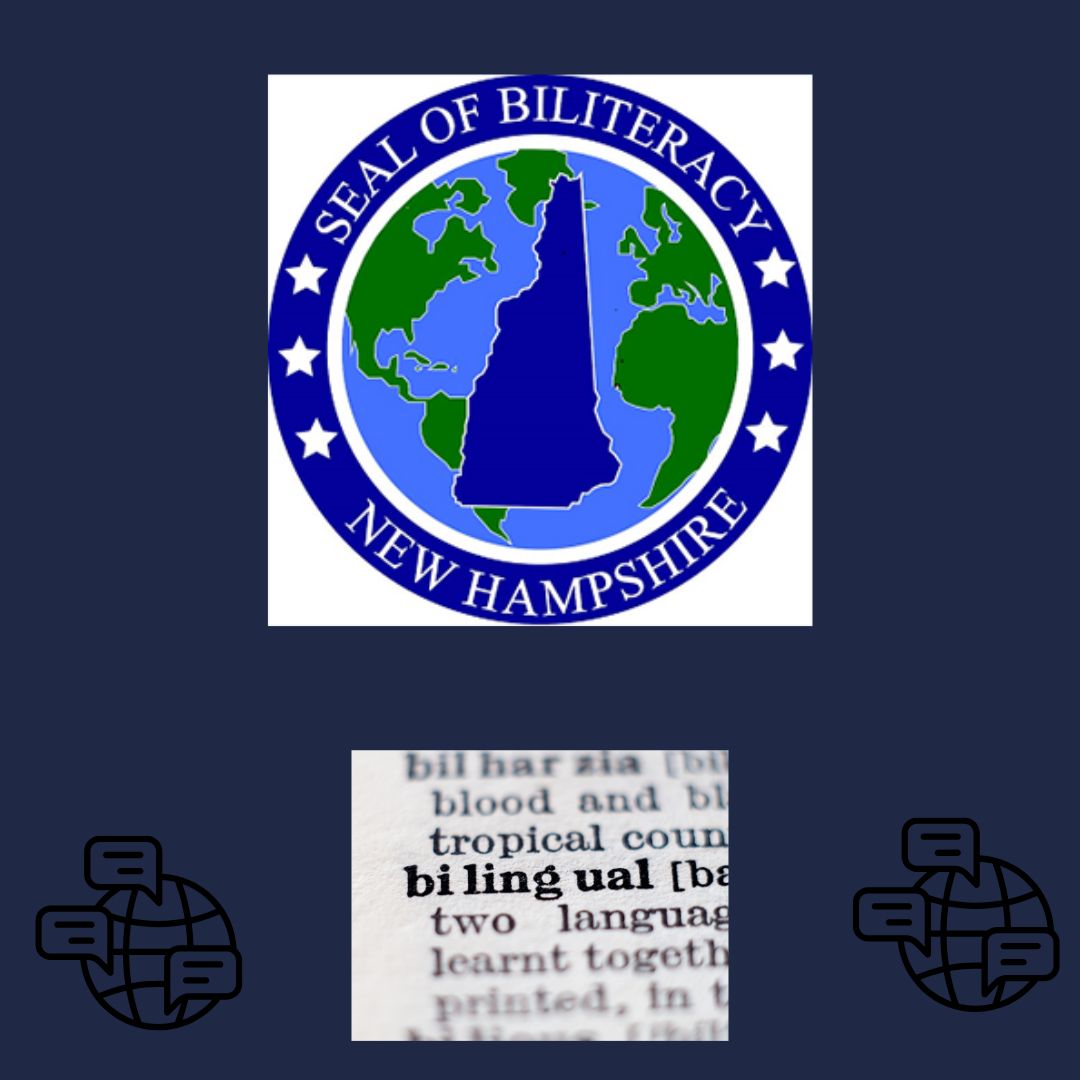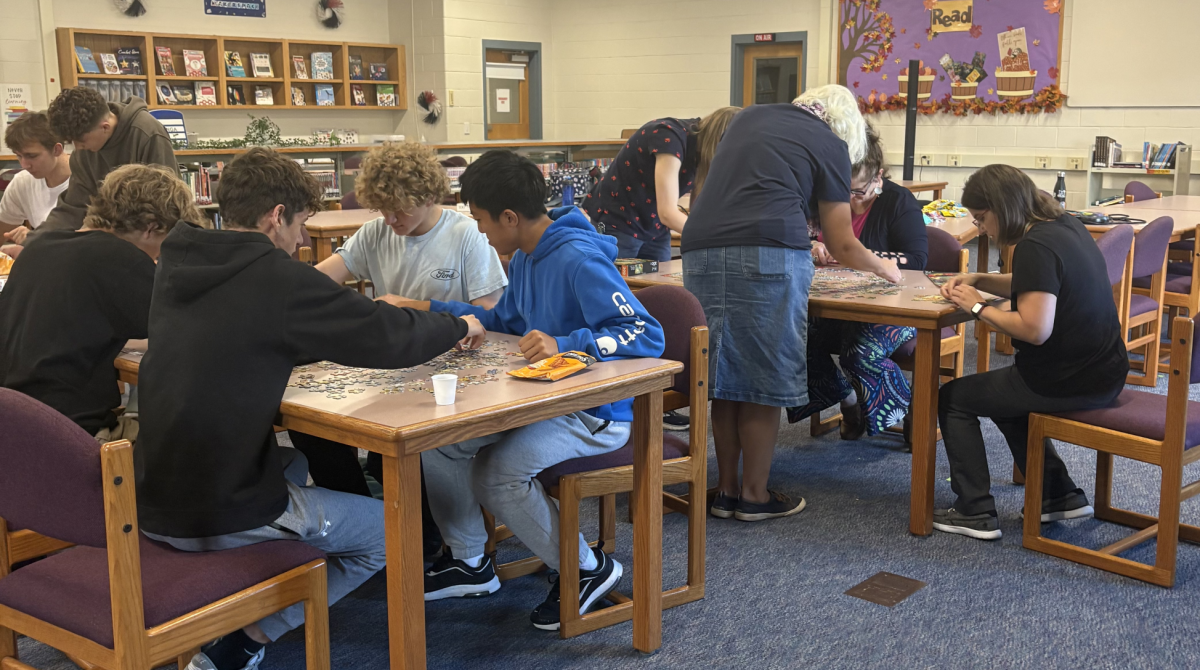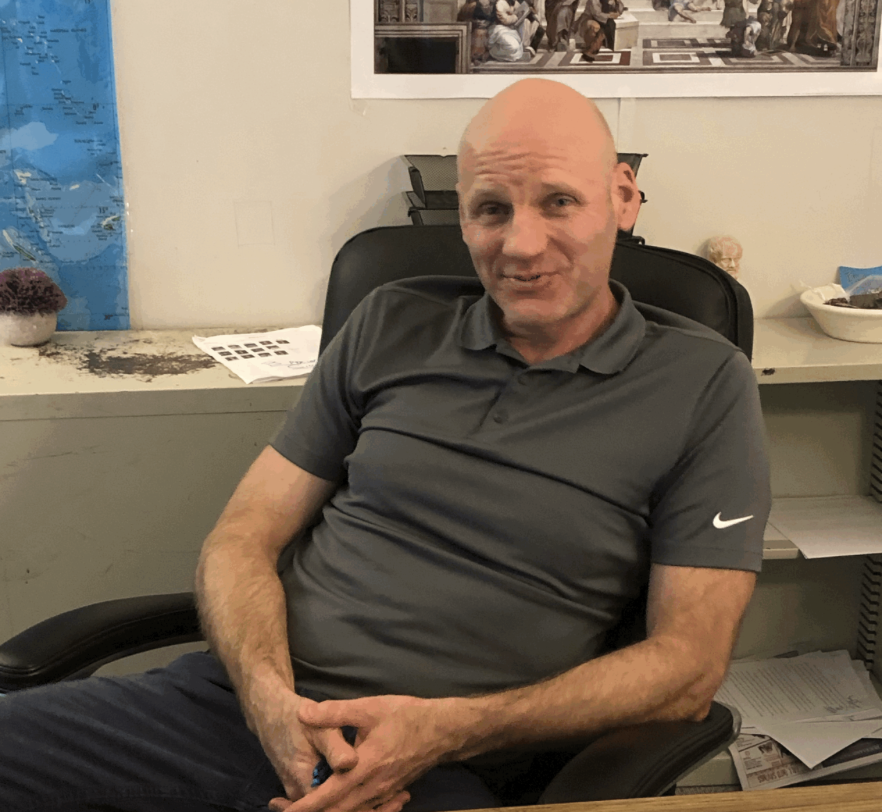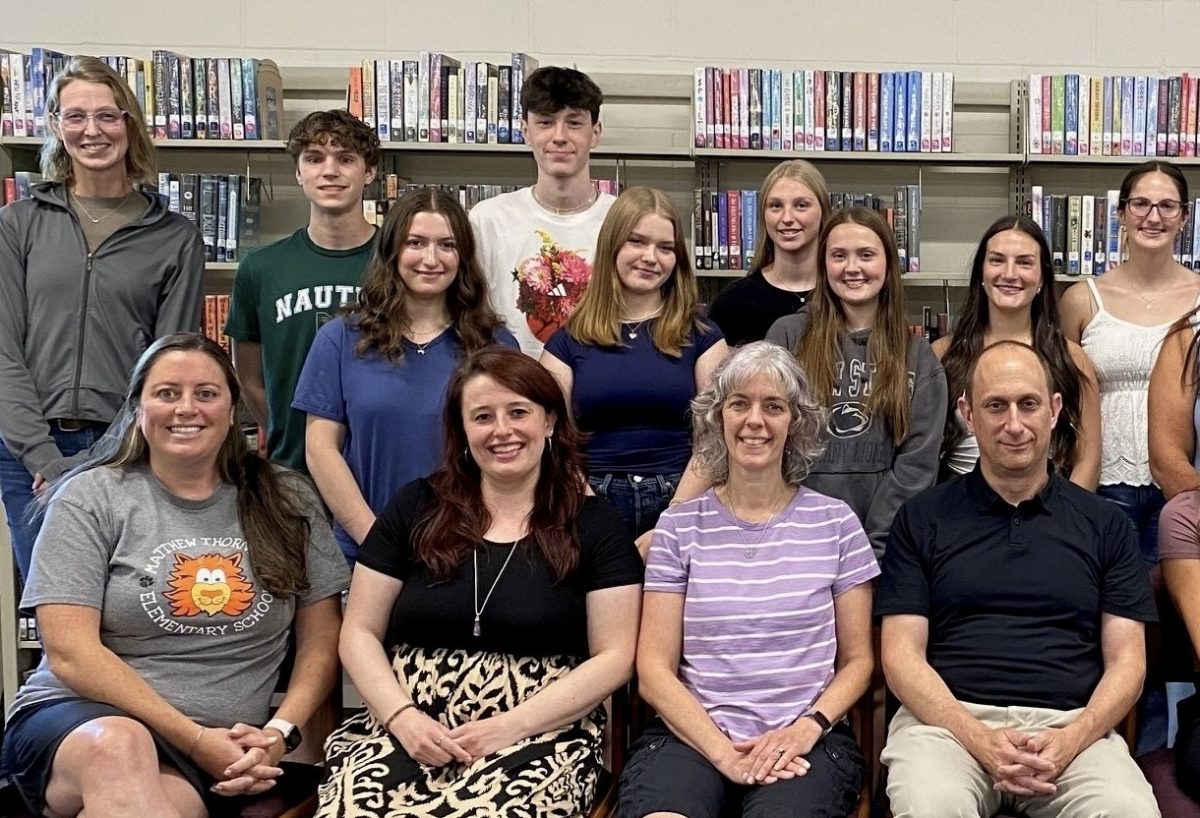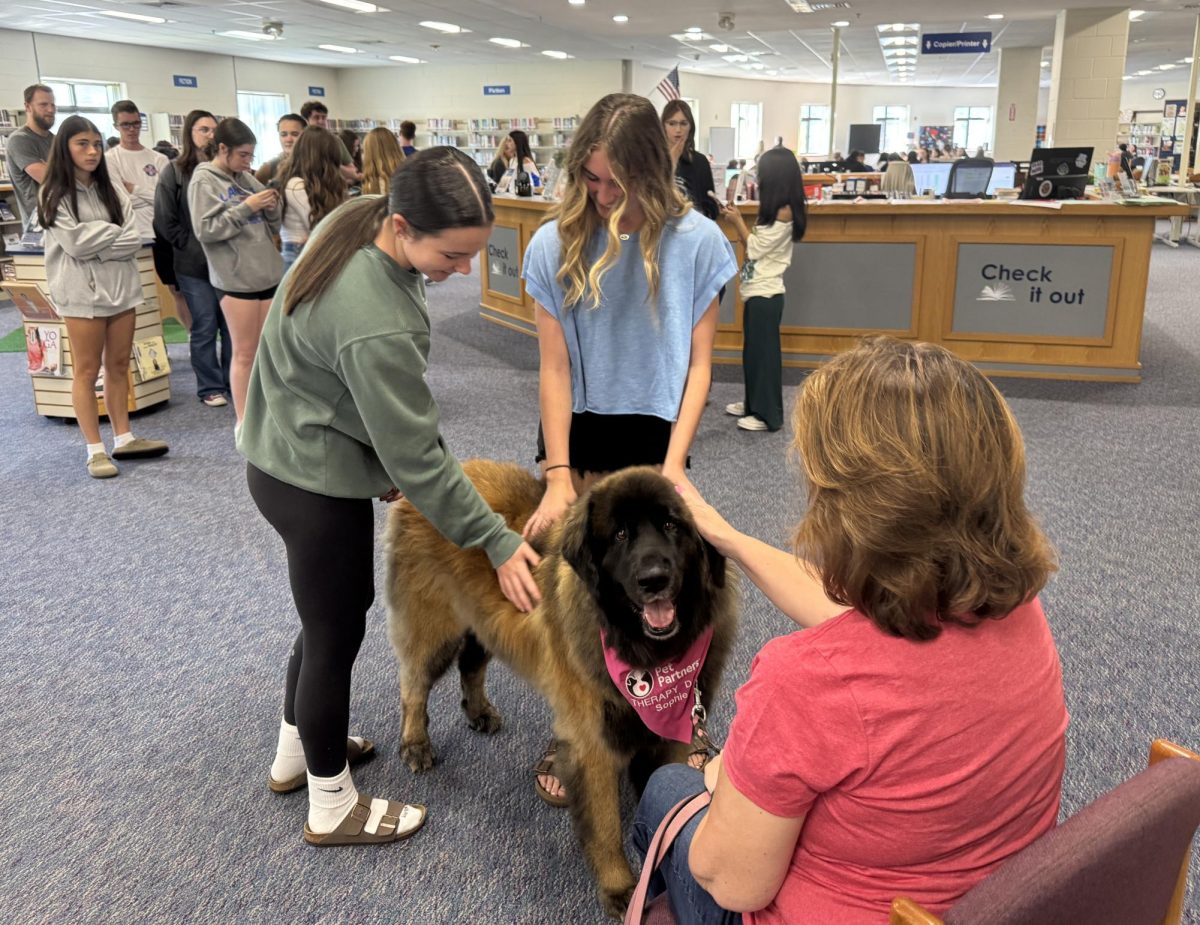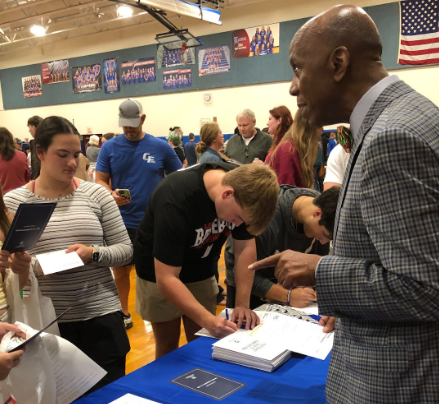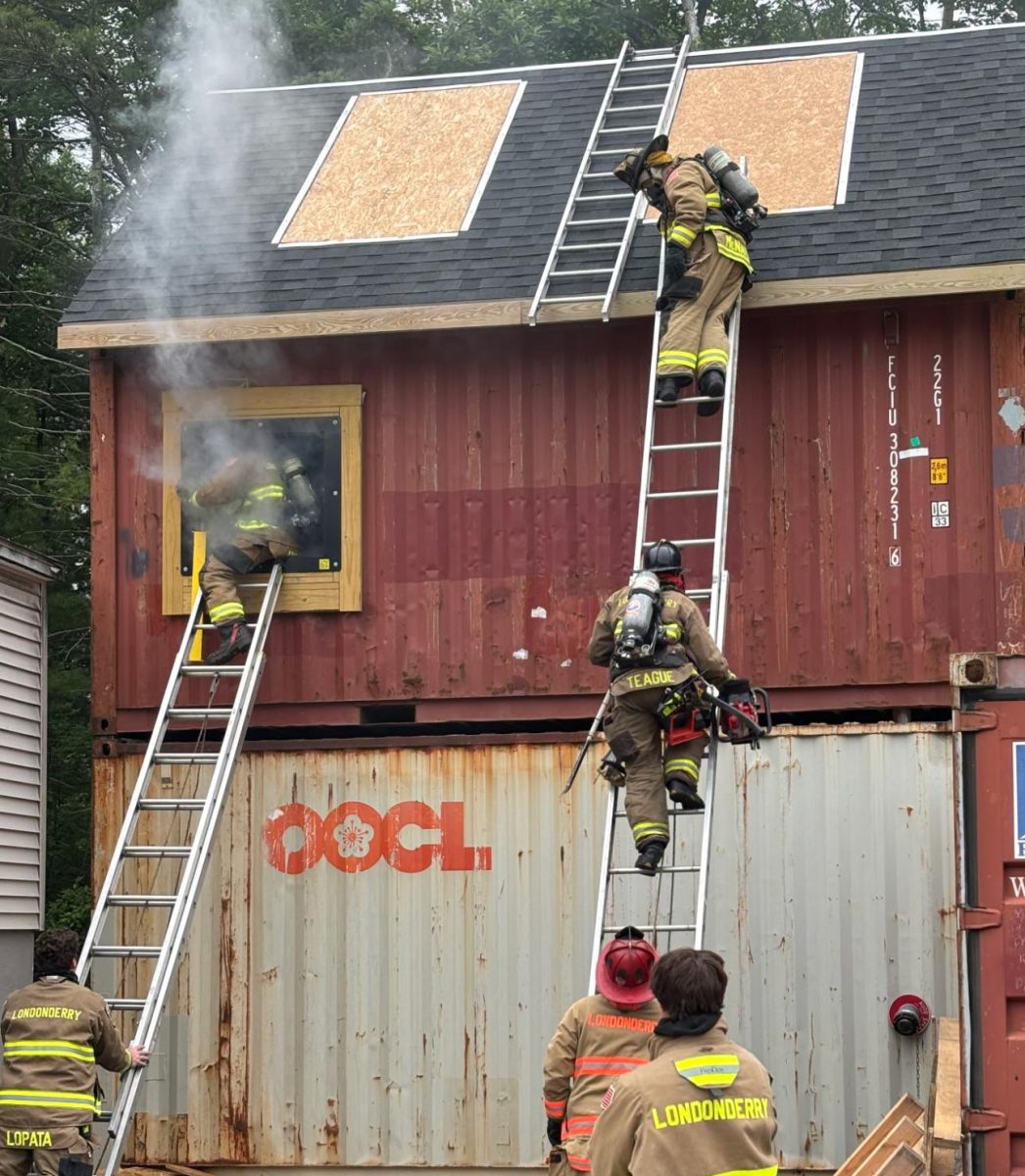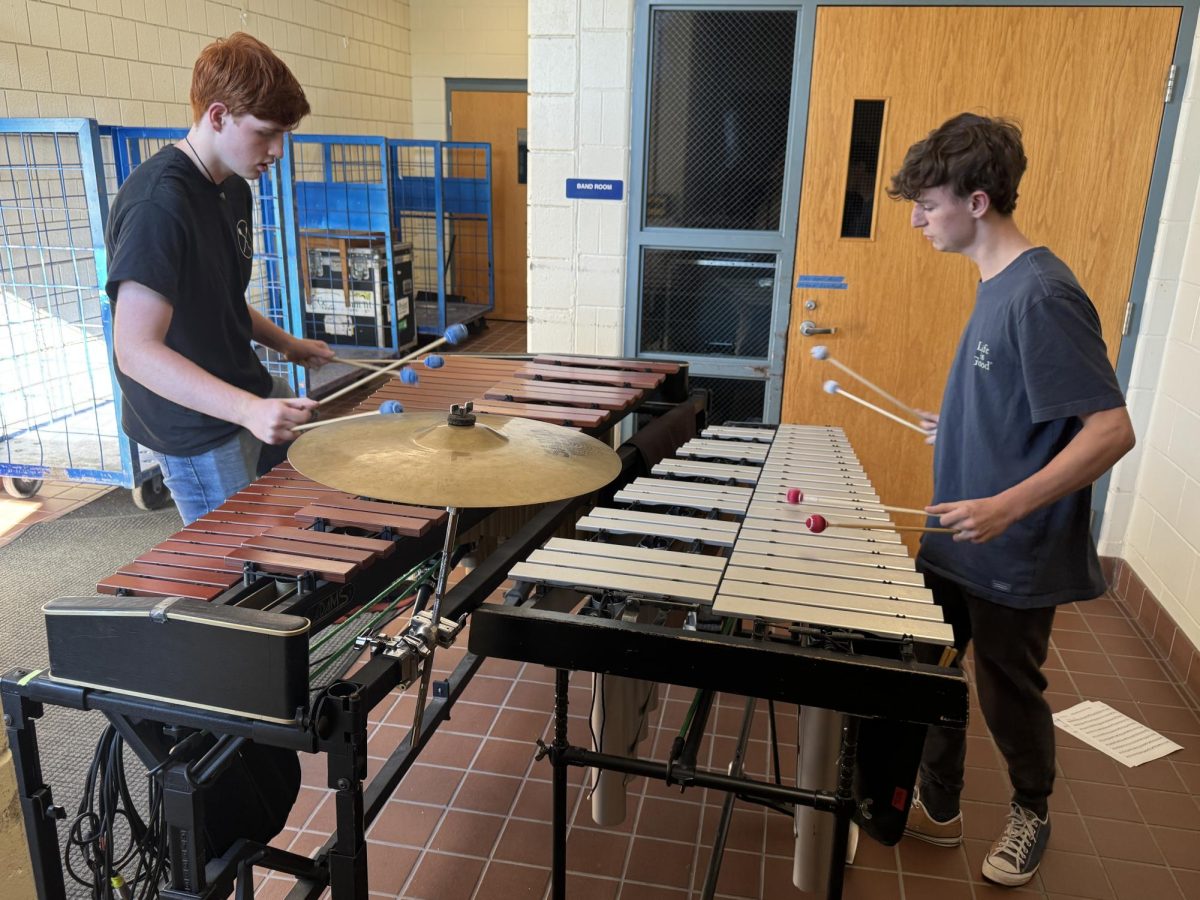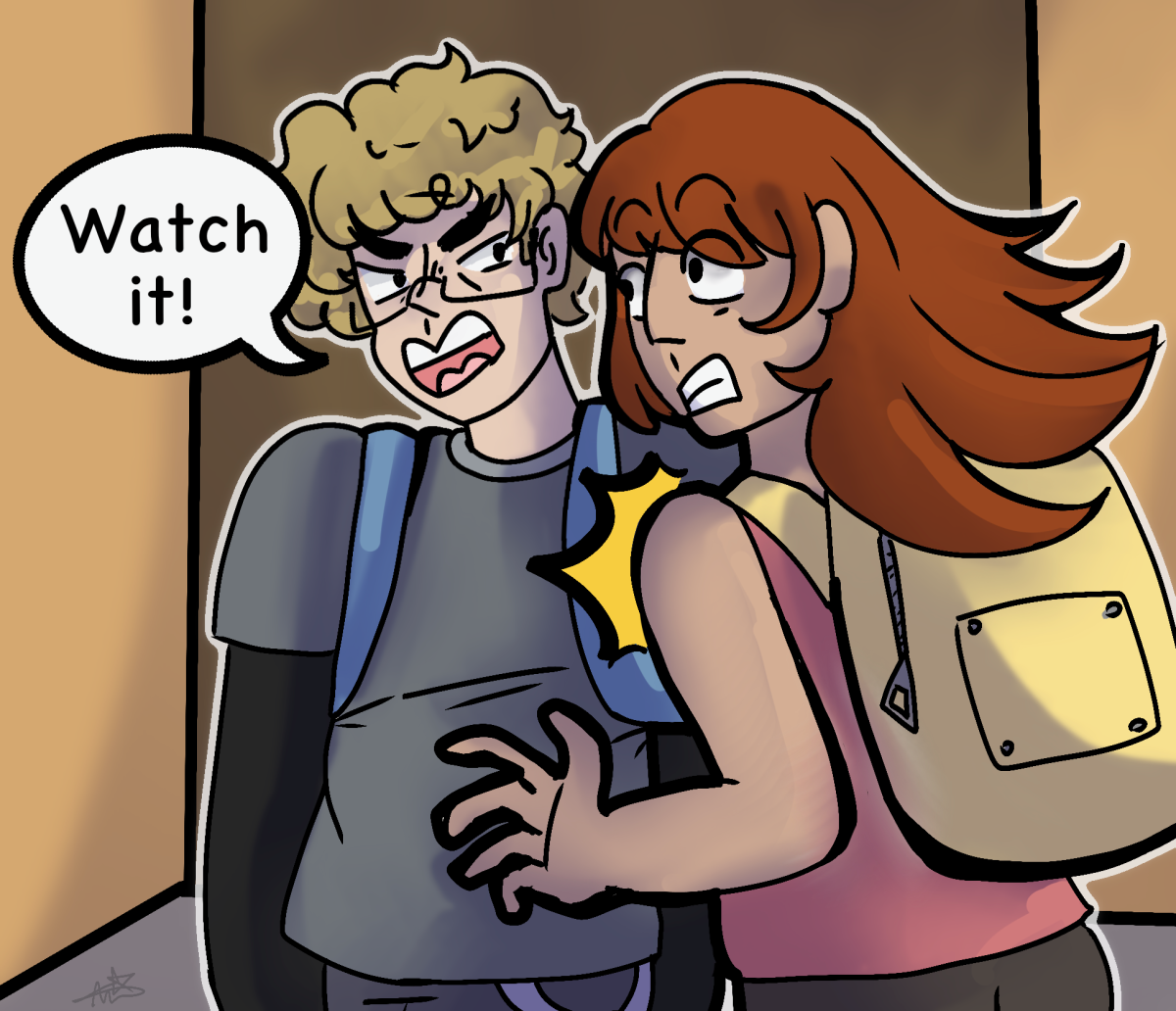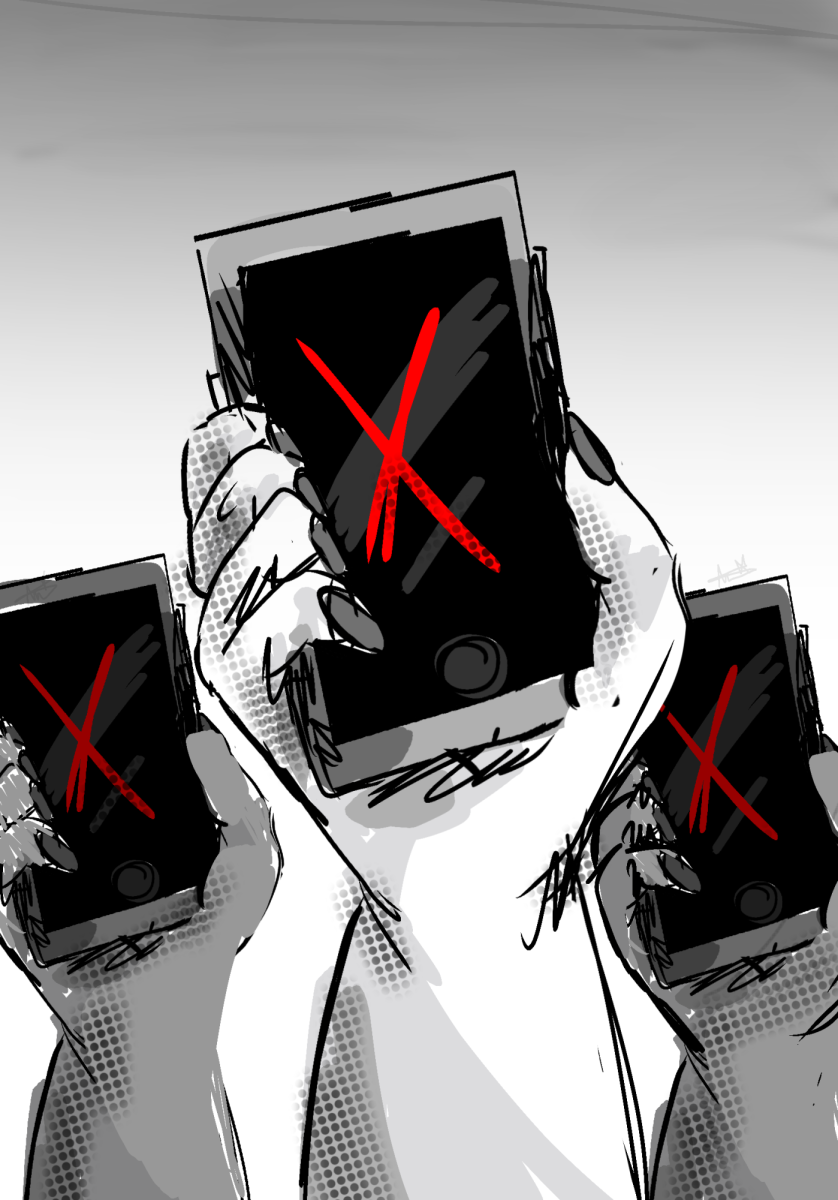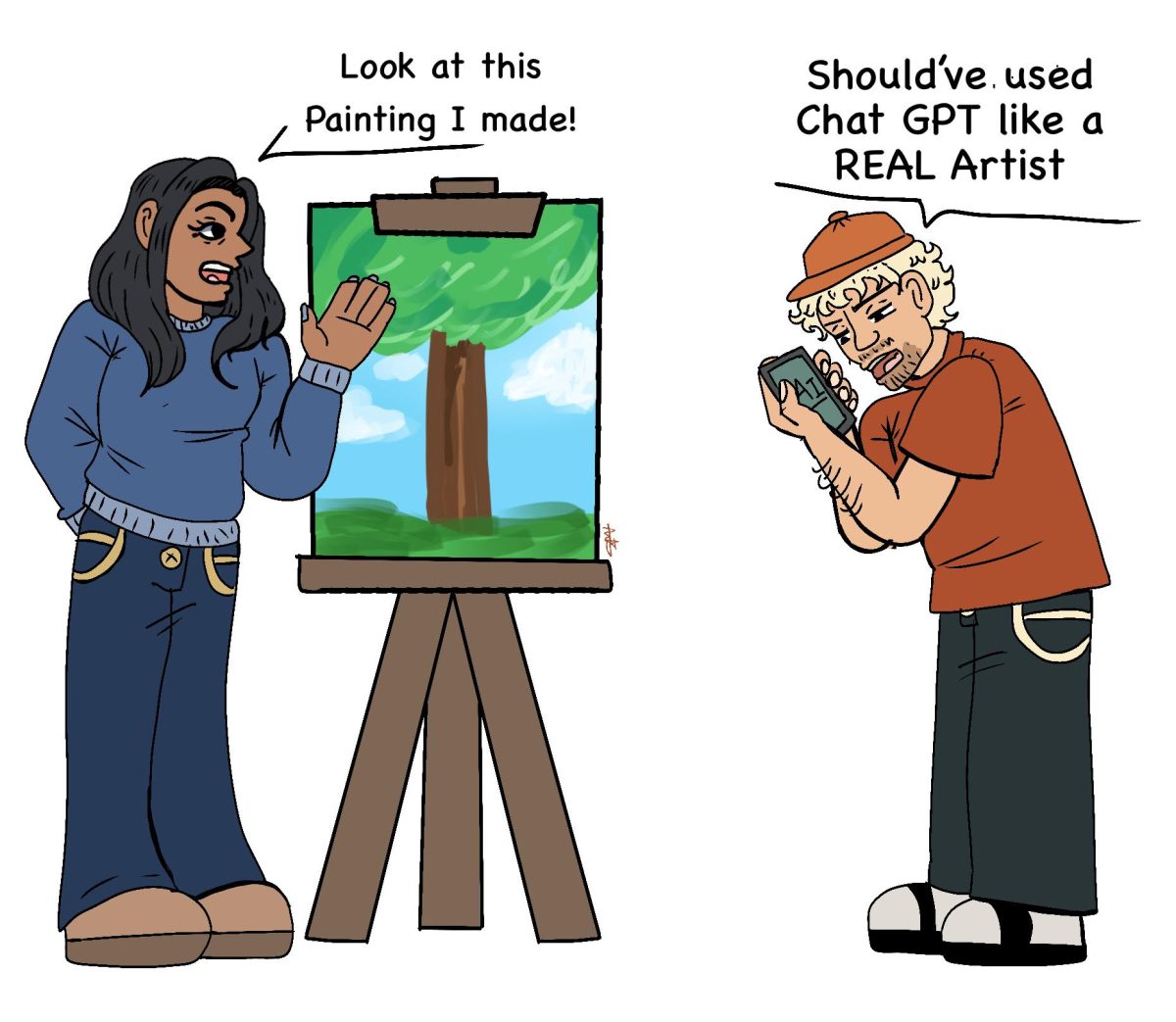With proud smiles and a sense of accomplishment, four Lancers were awarded the prestigious Seal of Biliteracy, recognizing their proficiency in two or more languages and celebrating their commitment to linguistic and cultural diversity.
What is the Seal of Biliteracy? The Seal of Biliteracy (SoBL) is a national test granted to high school students to acknowledge their proficiency in two or more languages by the time their graduation comes around.
A handful of students had the opportunity to participate in the testing on March 12 and March 13, where they were able to be tested on their listening, writing, reading, and speaking skills in a second language.
Spanish students, Lizzie Sosa ‘25, James Dooley ‘25, Talia Iorio ‘25, Jayden Skitch ‘25, who passed the Seal of Biliteracy test, will receive a seal on their diplomas, which can help them get jobs in the future.
Seal of Biliteracy applicant James Dooley was motivated by the covered cost and was willing to test his knowledge of his second language.
“The school offered to pay for the Seal of Biliteracy test, and it was a good way for me to prove my proficiency in Spanish,” Dooley said.
Because the school is only able to provide so many resources, it is up to the students to find the additional resources needed to truly become proficient in multiple languages. Dooley focused on certain segments of the exam to have a successful outcome.
“I studied the individual portions of the test to best prepare for the testing format,” Dooley said.
While being proficient can come with many struggles along the way, Dooley faced the most struggles in his time spent with his 45-minute portion of the test, which contained holding a verbal conversation.
“The biggest challenge was the speaking part; it was around 45 minutes of holding a conversation in Spanish,” Dooley said. “I stayed calm and took a deep breath, and focused on sounding natural.”
Dooley expressed his gratitude for being able to take this test due to the ways it would be able to impact him in future life events.
“Earning the Seal of Biliteracy counts as college credit for many schools in the U.S, and a lot of careers offer stipends for demonstrating proficiency in a language,” Dooley said. “Overall, earning the status of biliterate will save me time and money in college and beyond.”
With Spanish being her first language, senior Lizzie Sosa has been surrounded by Spanish culture since birth. Ever since Sosa knew about this test, she started focusing on more ways that she could pass this test.
“Since I found out about it in my sophomore year, I’ve been wanting to look into taking the test,” Sosa said. “I asked my counselor this year, and she told me that I’d be great for it, so I just went for it and took the test.”
Taking competitive tests comes down to having a strategy. Sosa believes it is important to have your skills
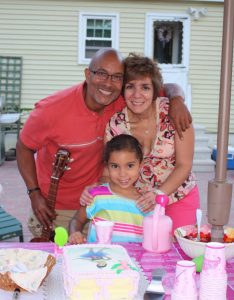
mastered and never fear failure.
“The best way to learn is to listen and to speak for yourself, don’t be scared to make mistakes,” Sosa said.
With Spanish being her first language, the culture and language have a very close relationship to Sosa and her past generations. Sosa’s grandmother started having her practice proficiency at a very young age.
“I grew up speaking Spanish my entire life. When I was younger, I would watch TV shows in Spanish and read books in Spanish,” Sosa said. “ My grandmother would give me journals in Spanish so I could write.”
Now, many years later, in the same house, Sosa seeks extra help from her parents to master the writing portion of the test.
“I just prepared with my mom and dad helping me. I would practice writing because that is what I needed the most help with,” Sosa said.
Sosa encourages more students to take this test if they are willing to take on the challenge of becoming proficient.
“Don’t be afraid to get it wrong because that’s just how you learn, and you just have to keep practicing it, and you’ll be proficient in no time if you are fearless in learning the language,” Sosa said.
